Over the past six months, I’ve had the pleasure of communicating with a great and genuine guy named Matt.
When Matt reached out to me, I realized that he was earnestly searching for answers. He saw that something was missing in mainstream recovery for the independent and promising person who suffers from a false need for alcohol.
To his credit, Matt had already quit drinking when we began talking. His next step was to overcome post-acute withdrawal syndrome (PAWS) so that he could confidently stay away from alcohol, rewire his brain, and live the best life that he could dream of.
From the first time we talked, I could tell that Matt had something that many people lack – something that I like to call internal fire. He was 100% committed to seeking and finding the answers that he needed to put an end to the vicious cycle of drinking, abstinence, anxiety, depression, and relapse.
There is no “one size fits all” recovery model that works, but Matt is living proof that anyone can prevail over alcohol addiction and post-acute withdrawal syndrome (PAWS) with a blend of biochemical repair and core convictions tailored to their unique needs.
Here is Matt’s story:
A Familiar Routine
I grew up in a home of moderate daily drinkers, where it was normal to come home from a hard day at work and crack a few cold ones.
At around the age of seventeen, I developed a taste for alcohol after a bad relationship breakup. I would compensate my father every week for whatever amount of beer I desired.
But my habit didn’t develop into a dangerous one overnight. I wasn’t drinking and driving, I would never consume more than 3-4 drinks at a time (except on special occasions), and I could still have fun without alcohol.
The First Red Flag
From the ages of 18 to 21, there wasn’t a day when I didn’t have at least a few drinks.
Slowly it worsened, and things reached a tipping point by the time I hit 21.
Newly emancipated from the dreaded schoolmaster, I entered adulthood and found myself suffering from extreme anxiety and a toxic relationship that made my insides scream for relief. Alcohol was the answer, or so I thought. Parties and hangovers became a normal routine, until one day it all came to a head.
I had a full-blown panic attack right in the middle of a church service.
My life became a nightmare. For months, I suffered from confusion, panic, depression, and a laundry list of negative emotions. My behavior deteriorated rapidly. Had alcohol caused my panic, depressed nature, and ever-increasing bad decisions?
After the panic attack, I quit booze cold turkey, which is a bad idea for anyone who has been drinking every day for years. I didn’t know much about recovery, and I suspected that AA was for those special people who’d drink hard liquor every day, all day, right? For the first couple of weeks in my sobriety I went through mild DT’s.
The lows were horrendous and literally nothing made me happy.
Everything under the sun was almost unbearable, and a black cloud consumed everything. But as I progressed, my symptoms regressed a little. I found myself with two months of liberation under my belt.
Missing Out On The Fun
I was proud, but my mind was still screaming, “lets have a drink—you can handle it—you’re missing out on all the fun!”
And so I drank again.
This quitting and starting over would occur on and off for the next 4-5 years.
My abuse worsened, and I went from drinking 2-3 drinks a night to at least 6, along with all weekend party bingers. Not to mention, I’d drive home 30 miles drunk nearly every day from work.
It is truly a miracle that I hadn’t been caught, killed, or worse, killed someone else.
Many people can precisely tell of their rock bottom event. I can’t, because I feel as if all those years were my “rock-bottom.” My relationships, job, outlook, motivation, and future were all tremendously affected by my drinking. Nothing made me as happy as alcohol and everything I did while intoxicated felt so magical.
I knew this was a heap of lies. I felt like I’d had enough, and I was sick and tired of being sick and tired!
Although I said that every time I tried quitting drinking, I never changed anything.
My friends stayed the same, I never pursued recovery, my diet sucked, and I never exercised.
Doing Battle With PAWS
I decided to quit once again on February 20, 2017.
What I couldn’t understand was how badly I felt after I quit drinking. It had happened before. Anywhere between 1-4 weeks after quitting, anxiety and depression would hit me like a ton of bricks. It’s difficult to describe.
It felt as if someone had turned off a switch and made everything very, very hard.
I could only focus on trying to survive, day by day.
This time, through providence, God placed some great people in my life. I threw off my old “friends” and formed new, empowering relationships with people who held me accountable. I joined a recovery group and attended religiously.
And luckily, this go-around I stumbled upon a website called fitrecovery.com, run by a guy named Chris Scott.
I reached out and got a quick response that calmed me down a bit. Being a former alcoholic himself, he could relate and his website was full of valuable recovery information. I signed up for a coaching session and we began communicating regularly.
Chris explained that booze had put a monopoly on my brain chemicals for years and it would take time, proper nutrition and exercise to get myself re-balanced.
At first I was doubtful, but if you do the research, there is a treasure-trove of credible scientific information that backs up these claims. Alcohol depletes essential vitamins and minerals, alters brain chemistry, and directly affects levels of dopamine, serotonin, and endorphins.
I learned that what I was experiencing was called PAWS (post-acute withdrawal syndrome), which can last anywhere from months to years after quitting drinking.
PAWS happens because brain chemicals do not rebalance overnight from years of daily drinking. This results often in chronic anxiety, depression, restlessness, and insomnia. If you’re not proactive, your brain might never fully heal.
Finding A Recovery That Fits
Everyone’s recovery process is different, and I don’t claim to have the answer. But I can testify that exercise, diet, and supplementation did help my recovery process, and they especially helped me get over PAWS.
Exercise is now a regular part of my routine. It’s been scientifically proven that exercise rewires the brain and can be as effective as anti-depressants. Now, a hard run or lift will automatically boost my mood significantly.
Once I started exercising regularly and taking the supplements that I needed, I found that I had a powerhouse of tools to ignite my recovery.
Alcohol seriously depletes vitamins A, B’s, C, D, and magnesium. Along with some minor diet changes (reducing sugar) and amino acids that Chris recommended, these were the supplements that helped me the most. My body had suffered from heavy drinking for years, and restoring all of these nutrients was essential for my physical and mental health.
For me, sobriety is a lifestyle that does not have to be dreadful.
On the contrary, I can attest that life without booze is much more meaningful once you balance your brain. Brain neuroplasticity is a somewhat recent scientific discovery. Once I learned about neuroplasticity, I realized that I could undo the damage done to my brain by alcohol and bad decisions.
Surrounding myself with honest, good-hearted folk and digging into my faith were another couple keys to my recovery. I got involved in a church program called Celebrate Recovery, which I recommend to everyone. For me, what started out as alcohol recovery morphed into a hard examination of every aspect of my personal life.
In just a few months, I’ve seen some dramatic spiritual changes and created some true, solid friendships.
Although I do not condemn Alcoholics Anonymous, I simply could not attend their meetings. AA meetings felt depressing and hopeless to me. My 12-step program works for me, in a place where I’m surrounded by positive, Godly people that believe in actual change, without a label.
The View From 6 Months
I don’t have to categorize myself as hopeless or helpless, because I’m not.
I do not have to live with the limiting belief that alcohol owns me, because it doesn’t.
I am a marvelous human being who was created by God to heal myself and others, not regress into negativity, disempowering beliefs or hopelessness.
So, what’s six months of sobriety like after 8 years of alcohol-induced misery?
Inexplicably amazing! For years I could never enjoy much of anything.
Now, the simple things are meaningful: sunsets, reading, social interactions, and even work.
For once, I have a positive outlook on life and am genuinely excited!
My business has improved and I’ve started school. I’m in a passionate, loving, and healthy relationship. And I have more time, money, and consciousness.
Yes, life has gotten much, much better and it’s only been six months.
I cannot wait to see what the rest of my life will look like.
Author
-
A decade+ addiction-free, Chris Scott, the visionary founder of Fit Recovery, passionately guides Fit Recovery 2.0 Members toward a vibrant, healthier lifestyle. Through the integration of groundbreaking nutritional strategies, transformative reframing techniques, neurolinguistic programming, and dynamic pro-recovery habit systems, he inspires individuals to boldly take charge of their lives and break free from alcohol. Chris is celebrated as a Professional Member of the Alliance For Addiction Solutions. Moreover, he is the proud author of the bestselling book "Drinking Sucks!" which stands as a vital beacon of hope for those yearning to quit drinking. Additionally, he created the celebrated online program Fit Recovery 2.0, designed to provide unwavering support for individuals embarking on their recovery journey.
View all posts Fit Recovery Founder & Director


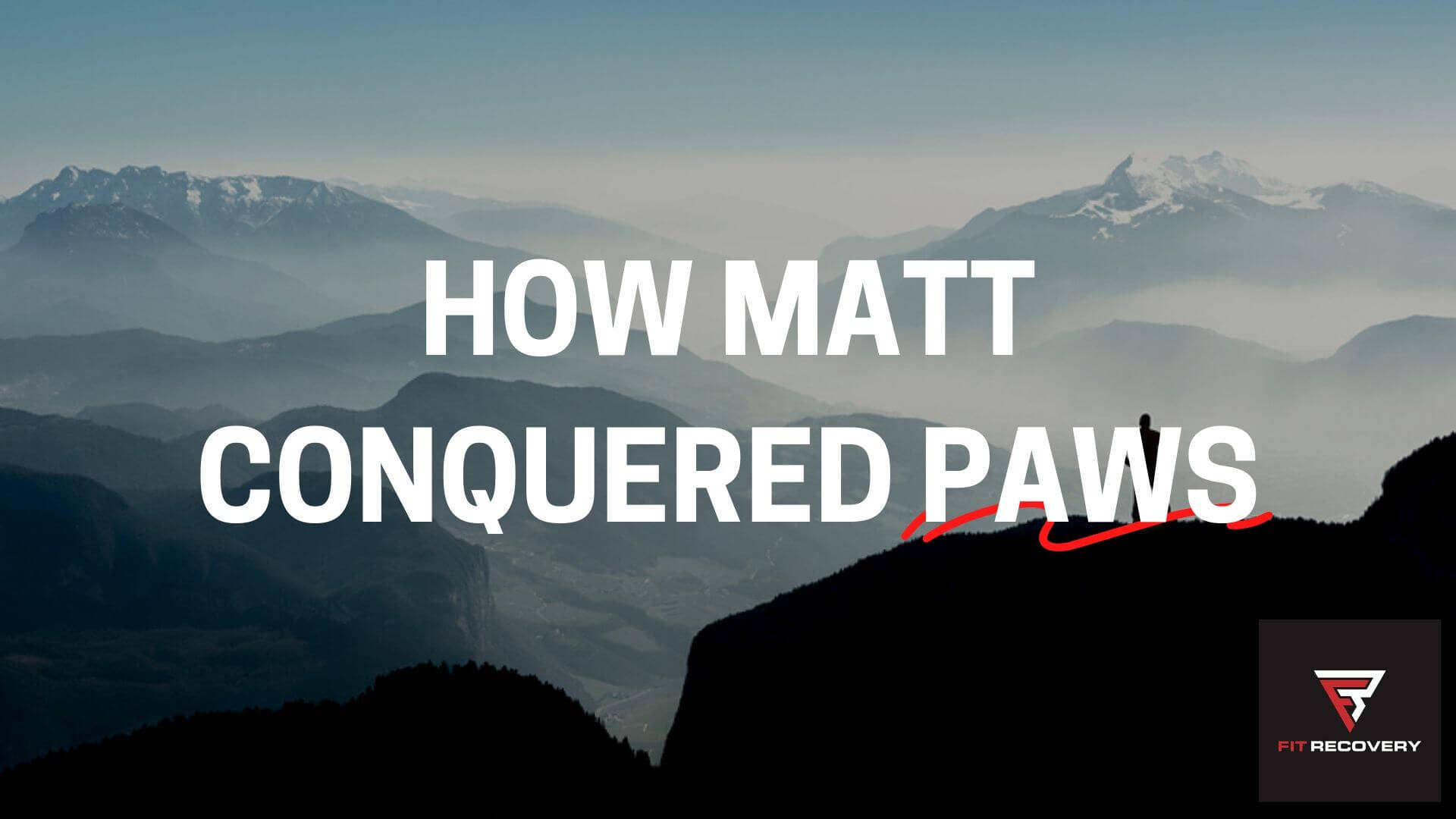
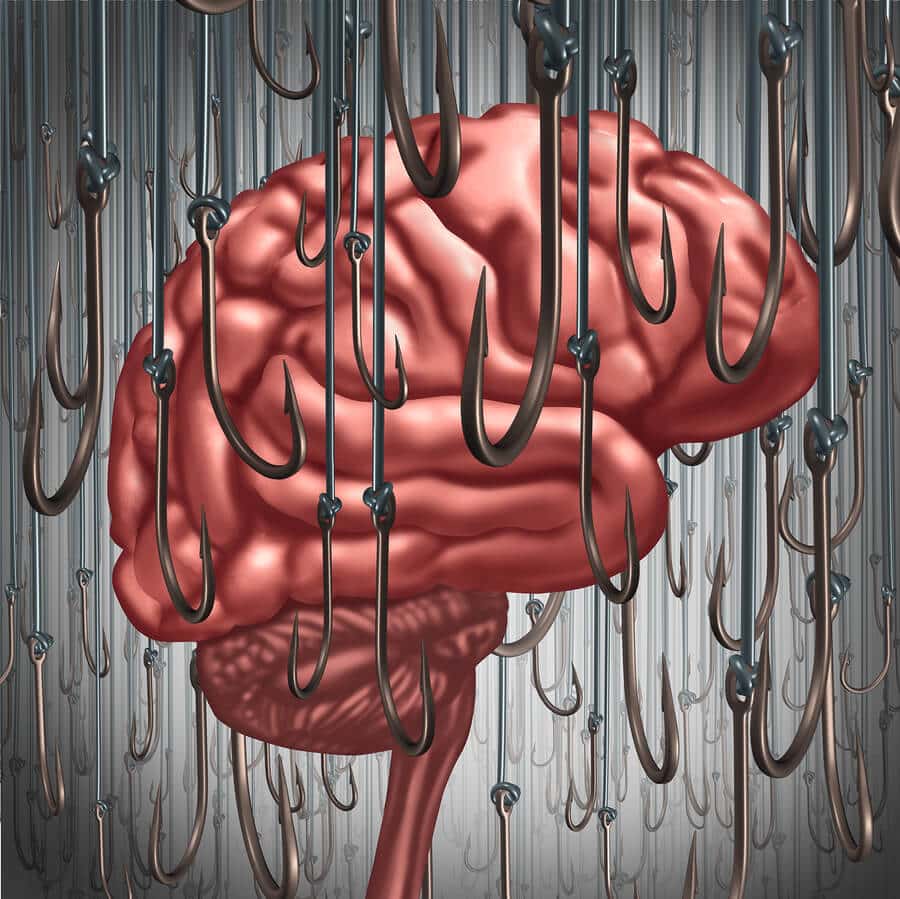

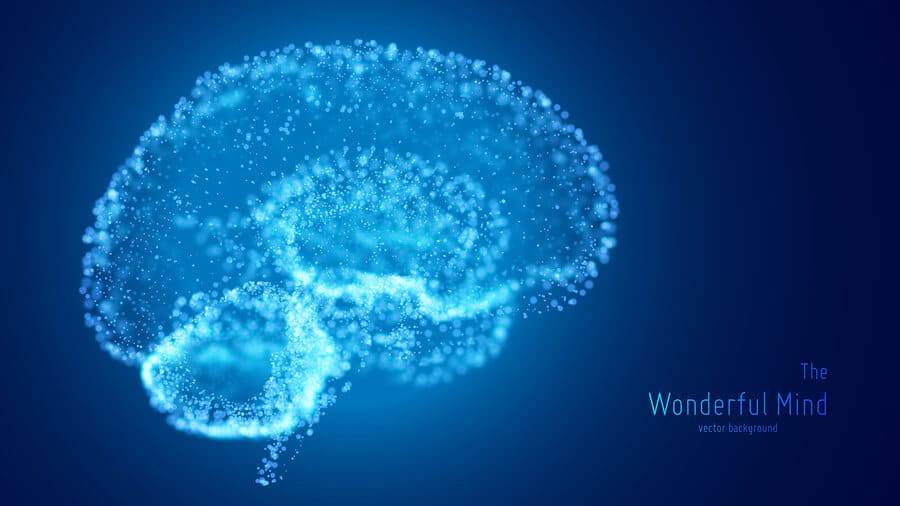
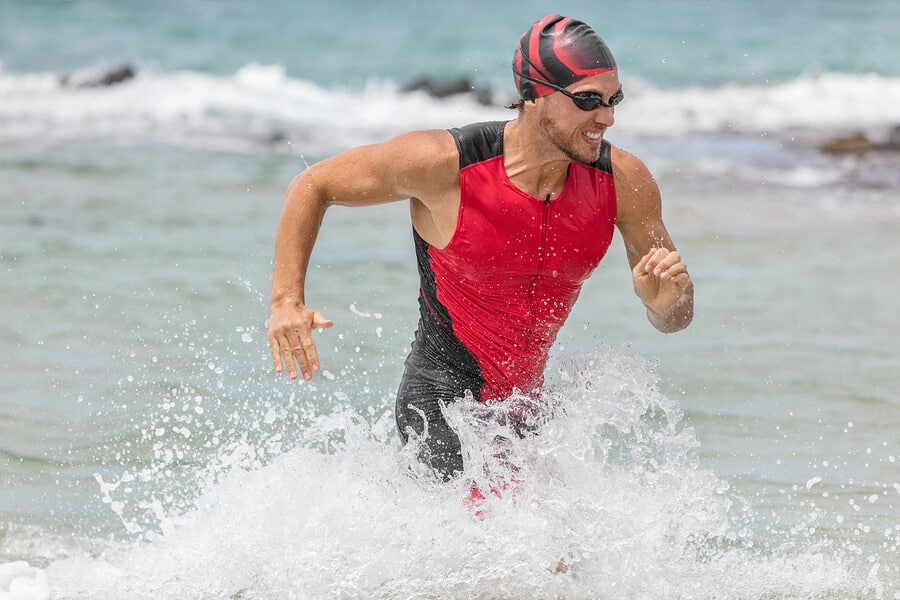
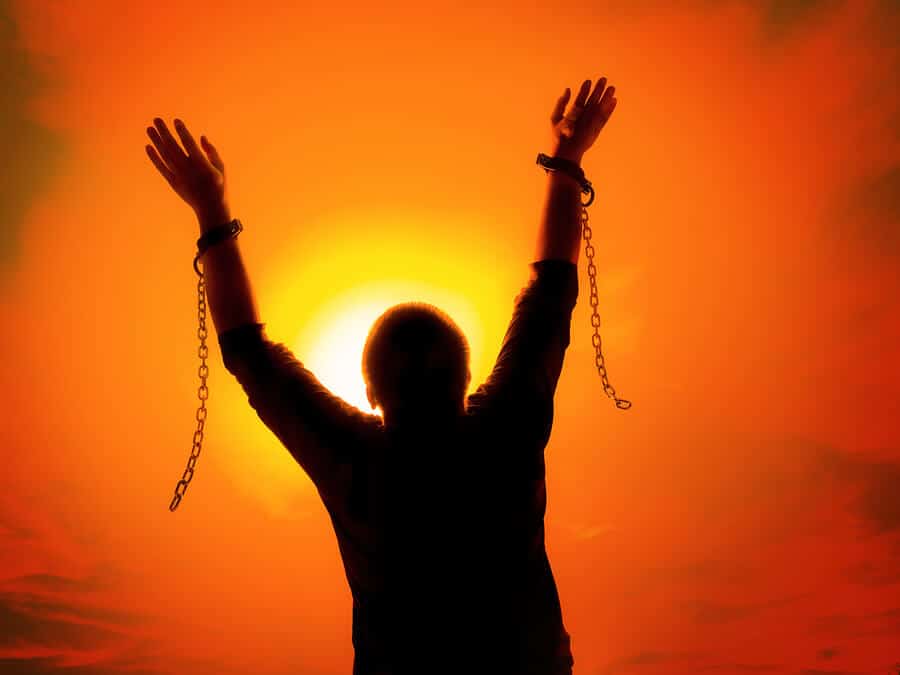

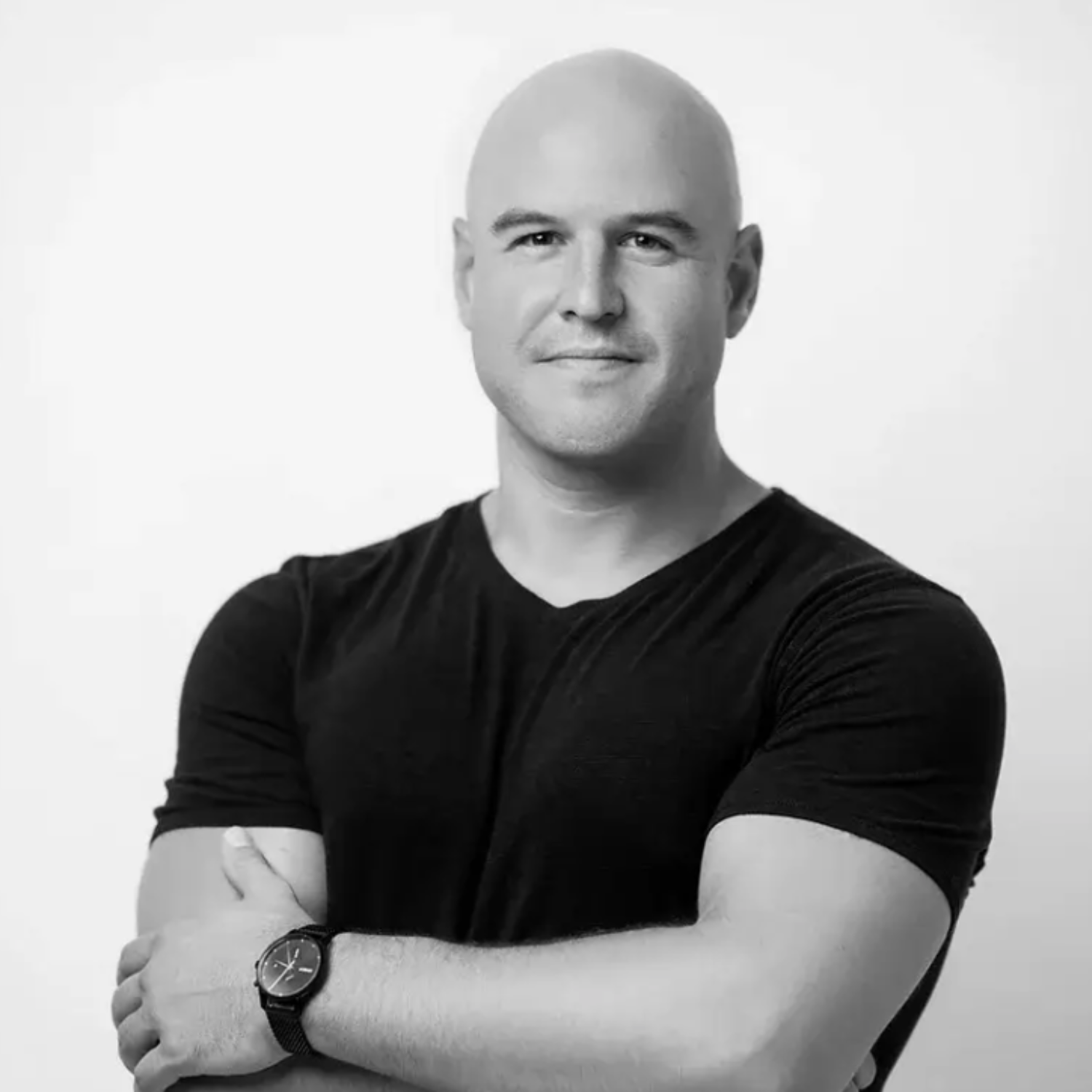


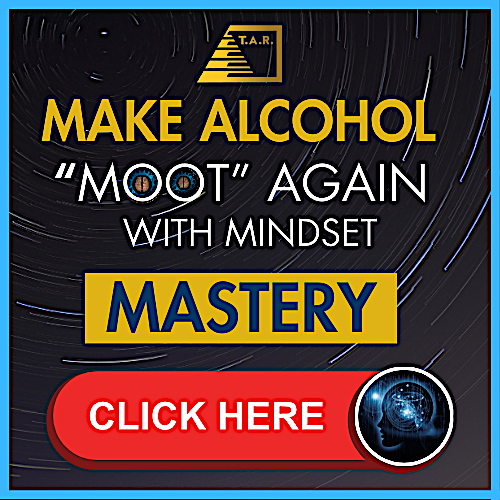
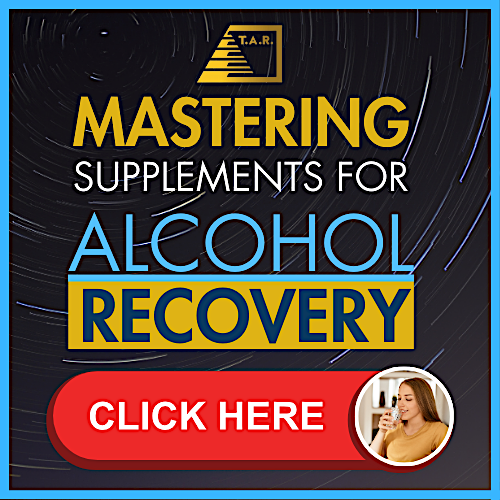
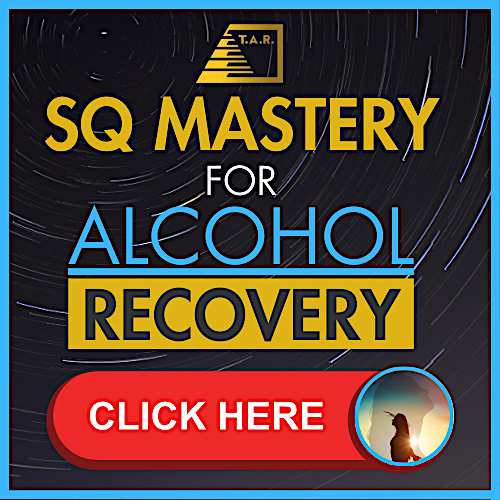


Please respond. My son needs people to get through his paws going through it now.
Hi Regina! If you’re interested in alcohol recovery coaching for your son, please send an email to chris@fitrecovery.com
Wonderful, Matt. It gives me good chills to hear of your success! Thank you and I wish you all the best.
Thank you Marion – we’re rooting for you!!
So glad to read about this, Matt! I have been alcohol free (after over 10 years of daily drinking) for 32 days now, and I feel pretty crummy. I had read that quitting alcohol would clear everything up: skin, headaches, cognition, and I would be free. But I feel overwhelmed and defeated. I understand now that it’s because of withdrawal symptoms. I am relieved to have found Chris Scott’s program which focuses first on creating balance biochemically. I’ve ordered the supplements and looking forward to feeling how you feel, Matt, after six months alcohol free. You’re an inspiration. Thank you!
You can do this Kami – sometimes there’s trial and error with nutrient repair, but it’s totally worth it! Keep it up!
I have been drinking daily until I blackout for about a year. Have have been drinking most of my life. I am 53 years old. Funny thing is I exercise 5 days a week for about 90 minutes a day. That is cardio and weight training. I do take a lot of supplements. I am tired of alcohol but I am scared of withdrawals. My doctor did prescribe me clonidine
I did the same thing Lisa! Exercise feels way better once you’ve excised alcohol from your life. You can learn how to conquer this problem once and for all in my online course!